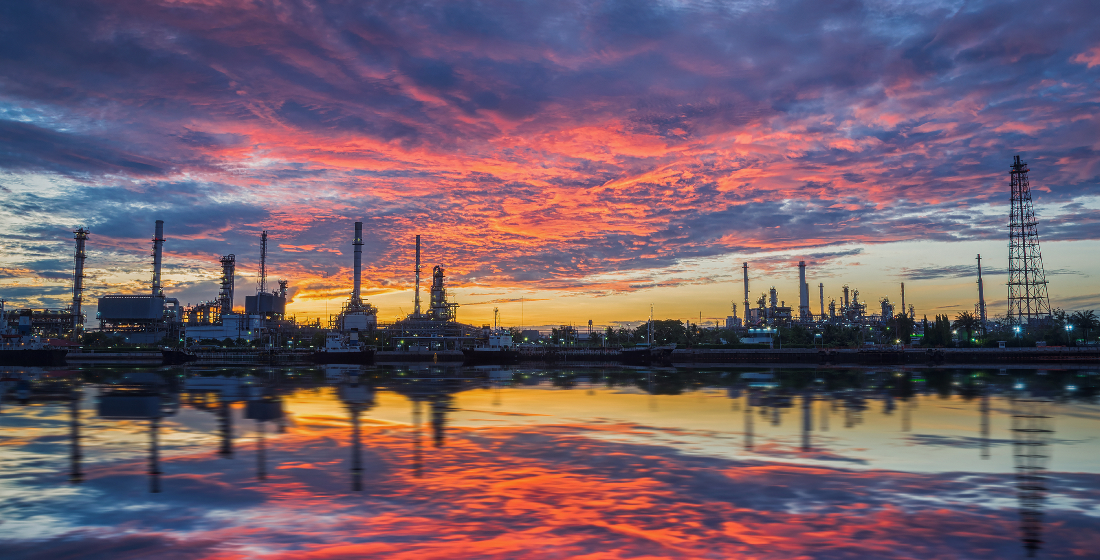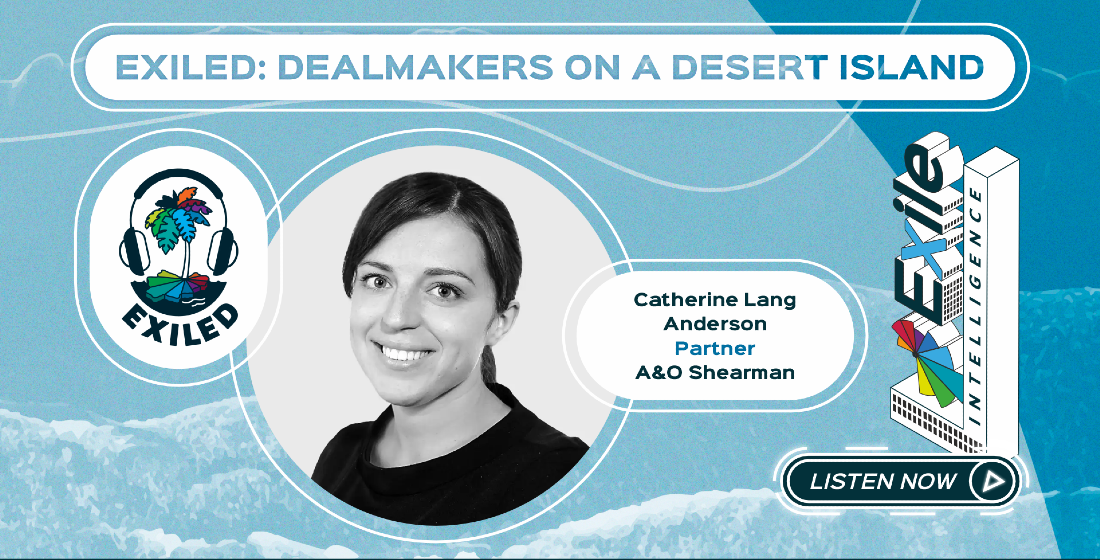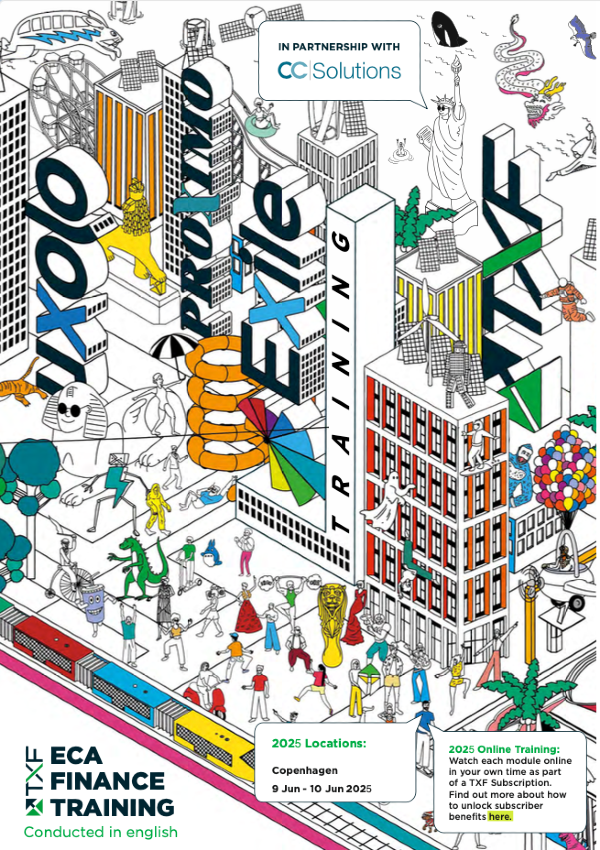Keynote: Finnvera CEO on cruising concentration risk
Finnvera’s CEO Pauli Heikkila talks to TXF about how the Finnish ECA’s increased exposure to the cruise ship sector drove much of its stellar growth in 2019. Should managing concentration risk be a concern going forward, not least amid the current coronavirus outbreak? Is Heikkila worried that the ECA, which won TXF’s ECA of the year award in 2018, will find diversification a challenge?
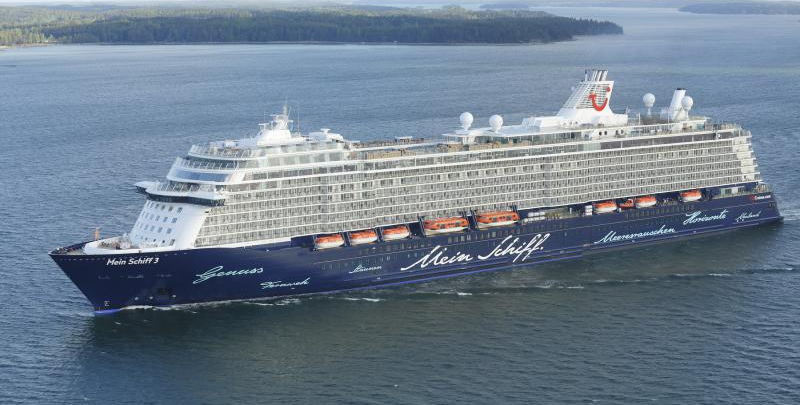
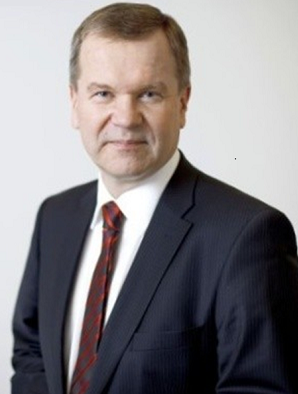 TXF: Cruise shipping has been a big boost to demand last year, and you’ve been given more capacity to promote exports. How will that be manifested?
TXF: Cruise shipping has been a big boost to demand last year, and you’ve been given more capacity to promote exports. How will that be manifested?
Pauli Heikkila (PH): There’s been an exceptional investment boom in cruise shipping for several reasons – the need to replace diesel with things like more environmentally-friendly LNG, they want to consume less energy and also they see a great potential in the Asian market. We do have this coronavirus crisis at the moment, but when normality returns, there is great growth potential in the Asian market.
Those few countries with yards that can manufacture large cruise ships have their order books filled for many years to come – Finland, Italy, France, Germany. The difference between Finland and the others is that we’re only a small country and it’s a tricky issue for us.
According to Eurostat figures, we’re number one in Europe, and possibly the world, in terms of the ratio of government guarantees to GDP. It’s because of this long order backlog of cruise ships which we have guaranteed, compared to Finland’s GDP, which is only around €240 billion.
TXF: Are there risks to being so concentrated? What about large projects outside the shipping sector – traditionally telecoms, pulp and paper?
PH: Concentration risk is true for all small countries as the export industry tends to be quite concentrated, and there certainly has been this investment boom. Around 55% of our exposure comes from cruise shipping, and that’s exceptional because of the long order backlog. It’s a huge concentration but more than half of that figure is that future backlog – the drawn loans are much less at the moment and the existing loans will be amortised and partly be paid back before the future loans are drawn. But anyway the gross figure is extremely high at the moment.
TXF: So you are looking to diversify?
PH: Definitely. Finnvera is exceptional among its peers in that we combine several functions under one roof and we’re also the national promotional bank for SMEs. We’re working hard to help create new growth companies, and it’s working well. Financing granted to SMEs and midcap enterprises went up in 2019, reaching nearly €1 billion.
Our industrial history explains certain branches of our activity, such as pulp and paper and telecoms. We publish most deals of over €10 million – and we have important exporters like Wartsila (Wärtsilä) and (mining technology company) Outotec. Nonetheless, deals in energy production and mining technology tend to be somewhat smaller than those of the cruise industry.
TXF: How are you aligned with other ECAs on sustainability issues?
PH: Fighting climate change is certainly one of the top global trends we recognise. The structure of the export industry is not so ‘green’ here as in other neighbouring markets – as unlike, say, Danish wind farms or Canadian hydro power, so we don’t claim to be number one in terms of green technology companies.
However, every industry recognises the need to change and we are supporting customers to provide technology. For instance, in the energy and mining sectors, companies need to replace obsolete technologies or solutions that are not environmentally friendly. One of the key factors where we can contribute is helping support the best technology to improve the environment. Wartsila is one case in the marine and powers sectors and we do have some solar producers exporting all over the world.
TXF: What would make your life easier to help diversification?
PH: The agenda of ECAs in Europe is broadly similar, it includes digitisation and the need to promote the exports of SMEs better. Nobody can avoid sustainability regulation or how banking regulation affects bank lending and how the OECD Consensus needs to change, it’s something European ECAs agree on.
One of our specialities is training for exporters to increase knowledge about risk management and customer finance (specifically buyer credits) and trade finance tools like LCs. Also we have been involved in training hundreds of SMEs in partnership with several private credit insurers and banks where we have fruitfully combined forces to help improve the skillset of SMEs.
Using customer finance is difficult for SMEs especially as KYC is challenging for banks looking at financing in the €1-10 million range where it is difficult to make the buyer credit transaction economics work. Understandably, as a corporate, if your competitor can offer finance and you can’t, you stand to lose the deal.
TXF: Are you offering direct lending?
PH: We do so only out of our national promotional bank and not as a broader offering, although we can in exceptional cases. Normally we work through agent banks channelling money to buyers.
TXF: Coming back to cruise shipping, do you think there will be longer term impacts on the sector from the current new Coronavirus Covid-19 outbreak?
PH: It is definitely having an impact at the moment because nobody yet knows the extent and there are still cruise ships trapped in quarantine or unable to dock, and trips are being cancelled. However, while it will have an impact, it’s important to note that there have been many events that have happened in recent years that have impacted the cruise industry, from bird flu, swine flu, Sars, through to the grounding off Italy of the Costa Concordia, and every time some journalists will say that it’s the end of the industry as we know it. It is impossible to know, and we’ll have a better view by the summer, but I still think the sector will continue to have the potential to grow, particularly in Asia.

